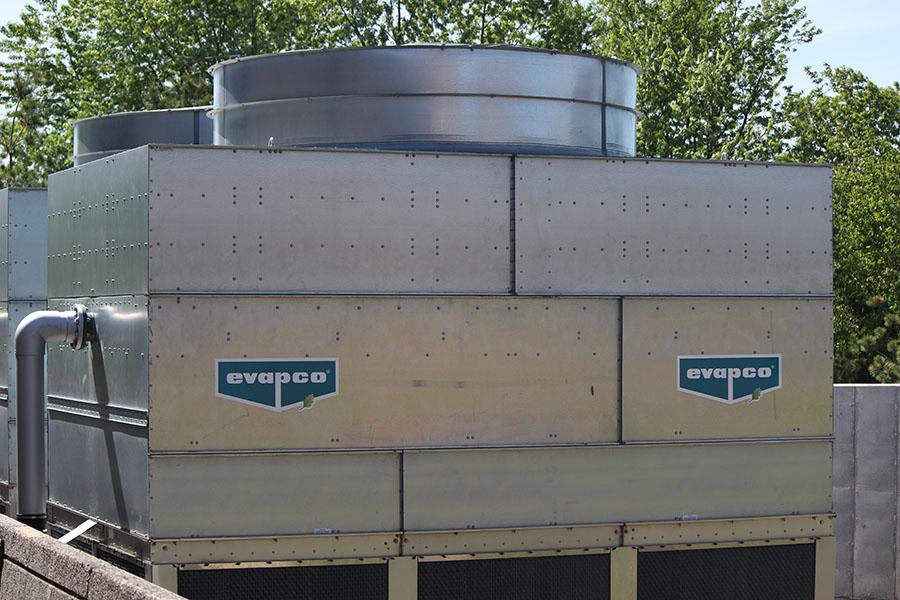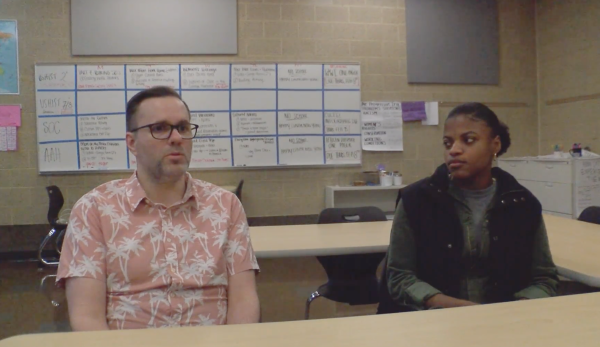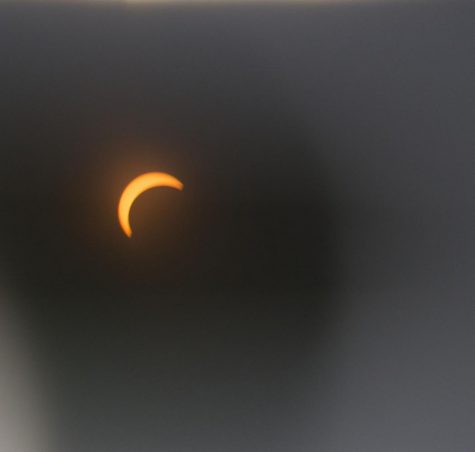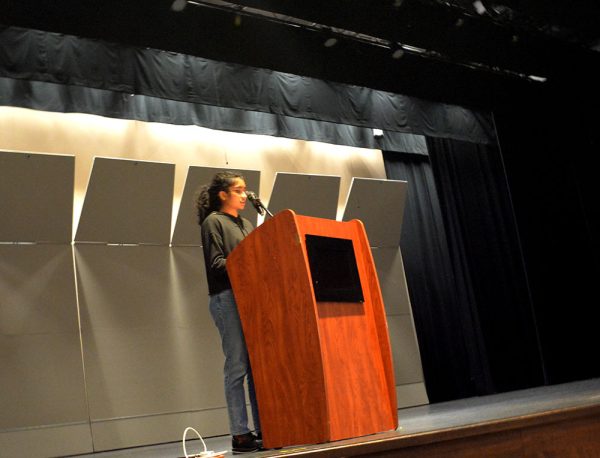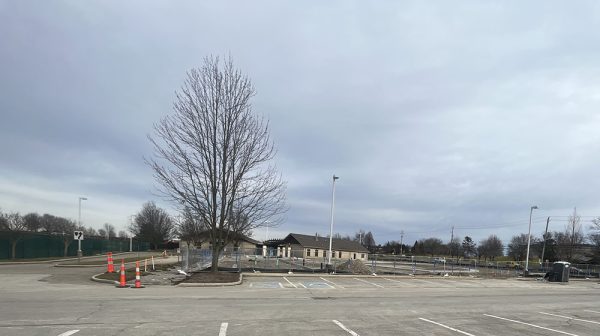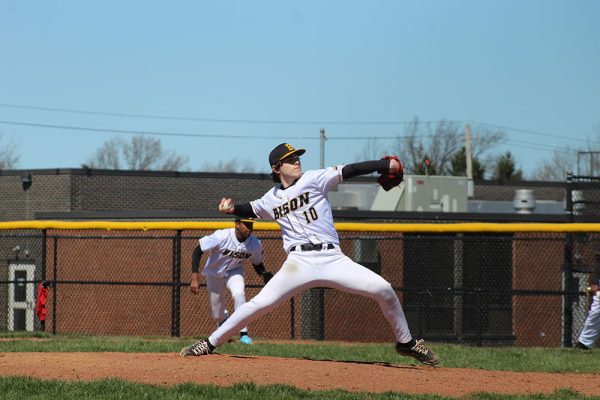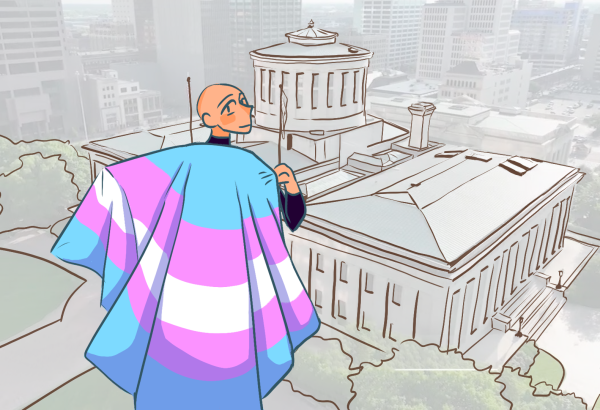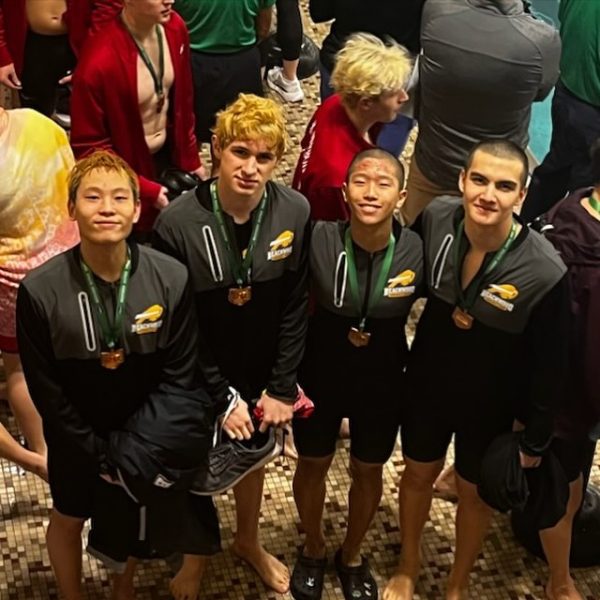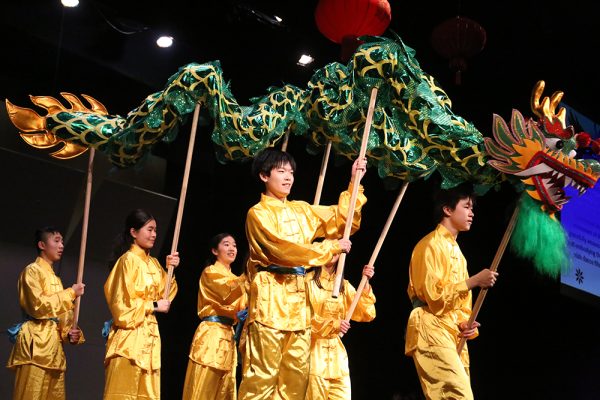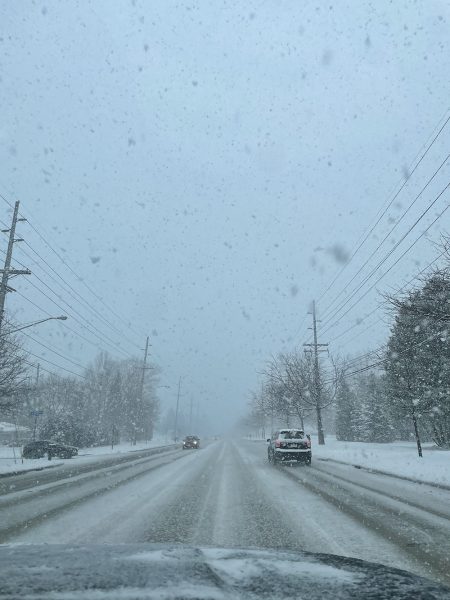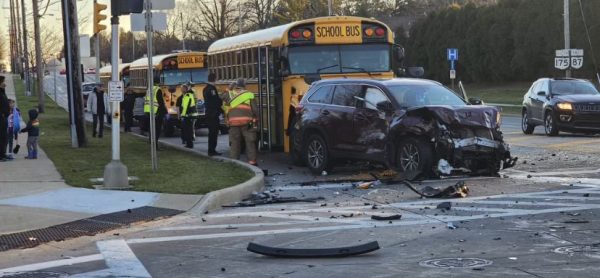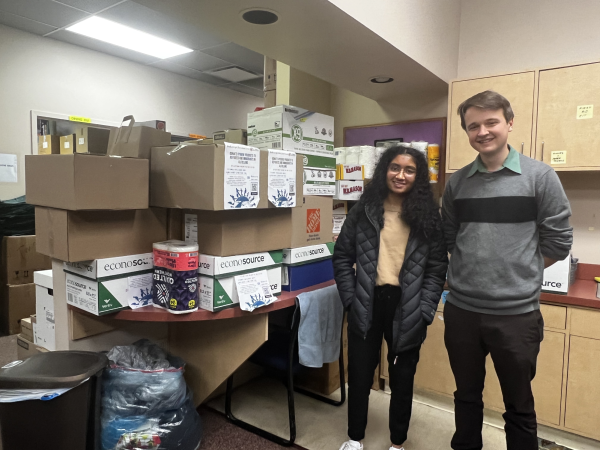Air Conditioning Repaired After Winter Breakdown
As BHS students gathered to take the United States History Advanced Placement exam on the morning of May 14, they were told that the testing site was to be relocated.
“They made an announcement like 15 minutes before we were supposed to start the test that we would be going [to the community room at Fairmount],” said sophomore Bagatur Askaryan.
The relocation was caused by complications with the air conditioning system. As of Thursday, May 15, the air conditioning was once again fully functional.
“We moved testing..to a different location mainly for the comfort… I wanted the optimal testing environment for students,” BHS Principal Edward Klein said.
The temperature rose into the eighties during the middle of May, a sudden rise from the relatively cooler temperatures at the start of the month.
The problem lay in the two cooling towers at the back of the building.
The cooling towers were designed to supply cold air in an energy efficient manner by using cold water to cool down the water in the system. During a few freezing days in January, the lines that supplied the cold water, called make-up water lines, were affected.
“The water lines froze up, even though they were designed not to,” Asst. Superintendent Robert Hardis said. “And when they thawed…the water lines had cracks in the pipes…and we realized we had a major problem on our hands.”
“Certain sensors on [the water lines designed] to determine temperatures for the heat trace to keep them just warm enough [and] not to freeze up in the winter were not reading temperatures properly,” Hardis said.
“We also had a power surge in a blackout on one of those January days that blew fuses that powered this system of sensors,” he added. “So when those failed, the heat trace couldn’t function properly.”
The total cost for repairing the system was around $40,000.
“The district doesn’t pay for it; however, our insurance policy will,” Hardis said.
“The entire system was investigated–how it was installed, how it was maintained, how it was configured,” he said. “Our insurance company determined that while there may be blame to point around, they were going to pay as an insurance claim to repair these water towers.”
While the amount of money for repairing the system wasn’t considered much, some question arose regarding why the system wasn’t fixed until the middle of May.
“First, the systems had to be fully thawed out and drained and sort of picked apart by forensic engineers,” Hardis said. “They investigated how this occurred, but for the system to be fully thawed, they couldn’t do this in the middle of the winter.”
Another reason for the delay was because the insurance company didn’t want anyone touching the cooling towers until they finished the investigation and determined who was going to pay for the damages.
“That all took several weeks if not months to complete,” said Hardis. “Once we had the clearance…to arrange to get [the cooling towers] fixed, we immediately began the work to fix them.”
Students felt relieved to have the building return to moderate temperatures, since the temperatures made it difficult to focus.
“[In] some rooms it was extremely cold and some extremely hot,” freshman Ankita Prasad wrote. “The entire science wing was so hot…and the English wing was really cold. It was kind [of] hard to adjust to both types of temperatures…it was either too cold or too hot to concentrate.”



